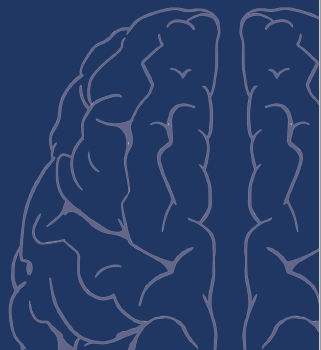Inscription : https://event.fourwaves.com/fr/4434c00a-6415-4391-9987-89c09d1179eb/pages
Date limite d’inscription : 6 juin 2023 à 16:30
Pour toute question sur l’événement, veuillez contacter: etudeora@gmail.com
Présentation des conférenciers
Claudia von Bastian, Ph.D.
Titre: Working memory training: A quick-fix to boost cognitive abilities?
Résumé: Can cognitive abilities such as intelligence be improved through training working memory, the ability to maintain and process information in the present moment? After more than 20 years of cognitive training research, this question is still highly controversial, with previous studies providing contradictory findings. In this talk, I will present recent research evaluating the effectiveness of repetitively practising computer-based cognitive tasks, and discuss the cognitive mechanisms underpinning changes in task performance.

Tilo Strobach, Ph.D.
Titre: Effects of dual-task practice on task-order coordination and its adaptation
Résumé: Performing two tasks simultaneously involves the coordination of their processing, which is particularly required in dual-task situations with varying orders of the component tasks. Recent studies have shown that these task-coordination processes adapt in response to changes in task demands. However, it is an open question whether task-order coordination processes and processes that adapt this coordination underly the same or different mechanisms. To answer this question, we will apply cognitive training methods.

Sylvie Belleville, Ph.D., MACSS FCAHS
Titre: Using brain imaging to understand the mechanisms underlying cognitive training and to test its role in improving cognitive reserve in older adults
Résumé: Cognitive training has been found to increase cognition in older adults, but little is known about the mechanisms by which this occurs and whether cognitive training has a similar protective effect to that provided by cognitive reserve. I will present neuroimaging studies that examine the effect of cognitive training on the brain. I will assess how this compares to the effect of whole-life reserve proxies such as education or cognitive engagement. This will provide tests regarding the viability of using cognitive training as a heuristic model of cognitive reserve and as a mean to improve it later in life.
Lien d'inscription

